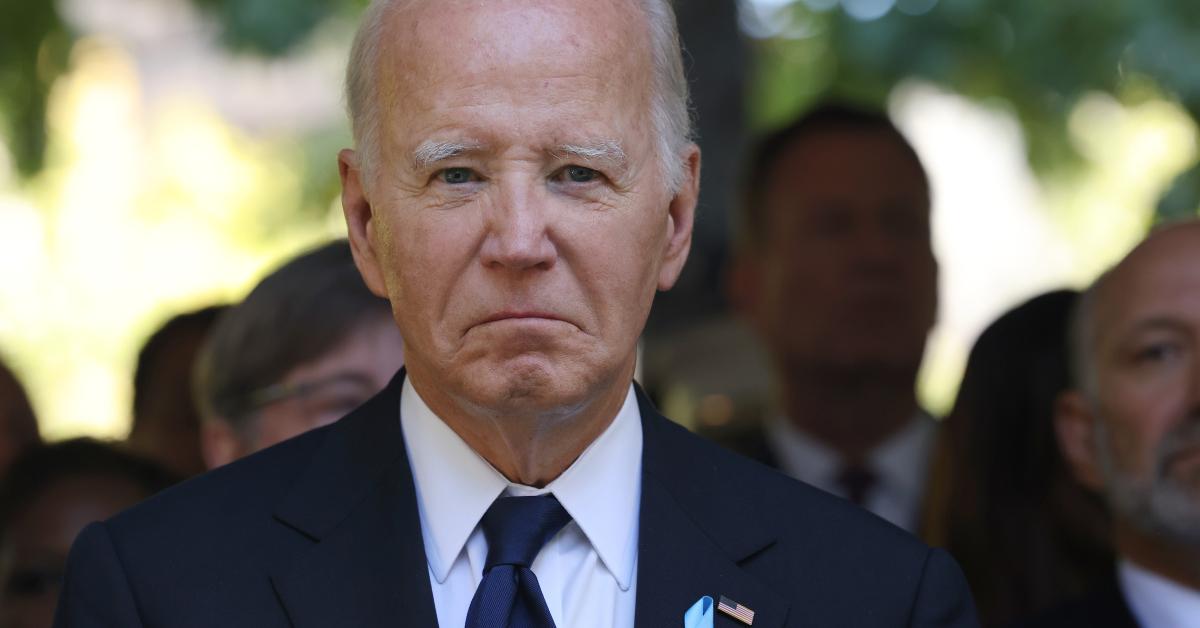
Biden-era censorship initiatives involved 90 agencies, independent report concludes
- 18.03.2025 23:29
- justthenews.com
- Keywords: Censorship
A report by the Media Research Center found that 90 federal agencies were involved in Biden-era censorship initiatives, including collusion with Big Tech to target political opponents. The report highlights unconstitutional power delegation and urges Congress to act.